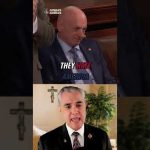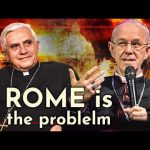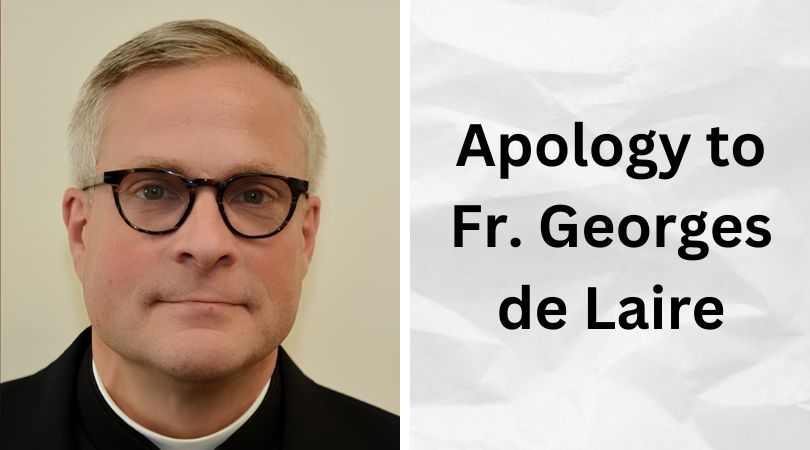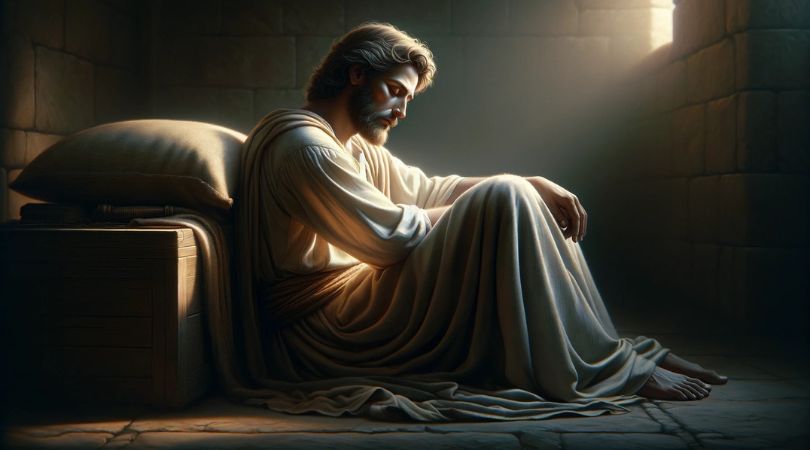VATICAN CITY (ChurchMilitant.com) – The Vatican’s secretary of state, Cdl. Pietro Parolin, recently weighed in about ongoing demonstrations sweeping Italy and other parts of Europe.
Cdl. Pietro Parolin
Farmers’ protests, driven by soaring production costs, have drawn significant attention, prompting the high-ranking Vatican official to advocate for sustainable solutions and the prioritization of human dignity.
Speaking on the sidelines of a conference at the Italian Embassy to the Holy See, Parolin addressed reporters’ inquiries regarding the protests.
Protestors “must be listened to; there must be a dialogue, an openness to dialogue with a view to the sustainability of small and medium-sized businesses and a future for rural areas,” he stated, emphasizing the necessity of placing the person at the center of all considerations to safeguard his dignity.
The Conference
The conference Parolin was attending marked the 40th anniversary of the agreement amending the concordat between Italy and the Holy See, an accord initially signed in 1984 by Prime Minister Bettino Craxi and Vatican Secretary of State Cdl. Agostino Casaroli.
Cdl. Agostino Casaroli (left) & Bettino Craxi (right)
This agreement has been a cornerstone of the relationship between Italy and the Vatican, addressing issues such as religious education, the recognition of civil effects to canonical marriages and the financing of the Church.
Parolin emphasized the enduring relevance of the agreement, stating it “is not something of the past but also has a projection into the future.”
He further noted the agreement’s potential for future development beyond the original stipulations made four decades ago.
Additionally, the conference featured the presentation of a Declaration of Intent regarding the new headquarters of the Bambino Gesù Hospital, showcasing the ongoing collaboration between Italy and the Holy See.
Parolin provided insights into the negotiations, signaling mutual aspirations for the project’s advancement. The hospital, renowned for its pediatric care, represents a tangible outcome of this partnership, enhancing healthcare services for children.
The Middle East
Amid discussions on domestic and bilateral matters, Parolin also touched upon the escalating conflict in the Middle East, particularly the challenges surrounding the negotiation for a ceasefire and the release of hostages held by Hamas.
“There are ongoing negotiations,” he said. “Of course, it doesn’t look like hopes are materializing — these hopes that are opening up now and then.”
“But we are hopeful that slowly we can come to an agreement and a solution with the release of the hostages, a cease-fire, and then the beginning of negotiations for a definitive resolution of the problem,” Parolin added.
Despite the grim outlook, the cardinal expressed hope for a gradual move toward a resolution, emphasizing the importance of ongoing negotiations for a peaceful settlement.
Vatican-China Relations
While Parolin did not address it during the conference, his advocacy for the secretive China-Vatican accord, initiated in 2018 and subsequently renewed twice, highlights another dimension of his ideas about how the gospel informs global diplomacy.
Parolin has posited that the accord facilitates the Church’s mission in China, enabling it to both spread the gospel and contribute to China’s spiritual and material growth.
But this perspective has faced sharp criticism, especially from Cdl. Joseph Zen, Hong Kong’s bishop emeritus.
Zen, in a 2020 discussion with Church Militant, explained that the agreement has severely undermined the underground Church, exacerbating its persecution.
Further, Zen’s criticism of Parolin extended beyond the accord’s implications.
He expressed his disillusionment, stating, “I have evidence that he’s not a man of faith because he despises those heroes of faith in central Europe.”
Zen highlighted how Parolin showed disrespect towards revered figures like Cdls. Wyszyński, Mindszenty and Beran, who are celebrated for their resistance against oppression.
This critique underscores a profound rift within the Church, highlighting divergent views on the propagation of faith under authoritarian regimes.















